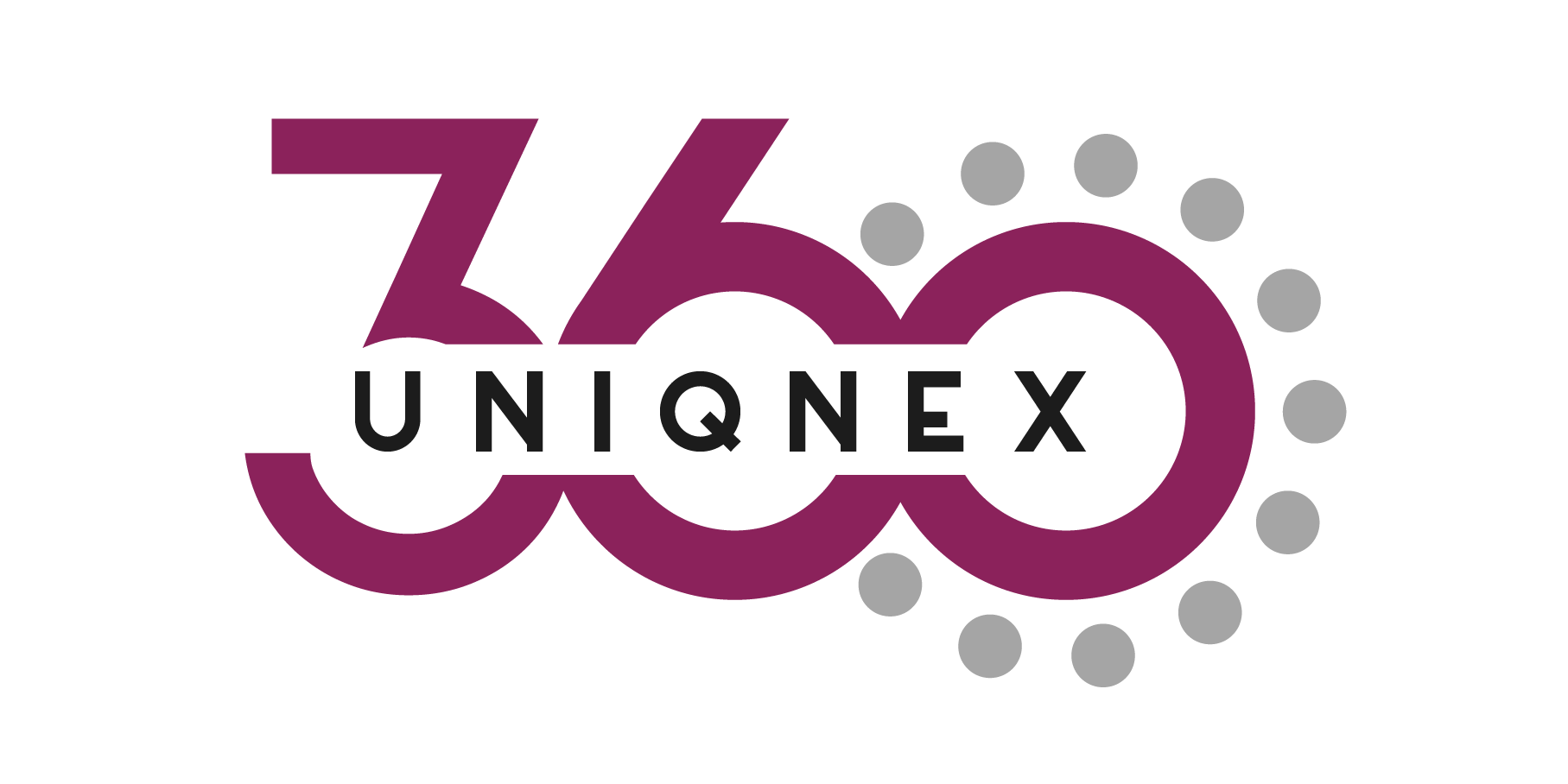In today’s digital landscape, data is one of the most valuable assets for any business. With increasing amounts of data being generated daily, it’s essential to have a structured approach to manage, protect, and optimize this data. This is where data governance comes into play. But why is it so crucial for business success?
What is Data Governance?
Data governance refers to the framework that ensures data is accurate, consistent, secure, and used responsibly across an organization. It involves policies, processes, and roles that define how data is managed throughout its lifecycle. By implementing data governance, businesses can ensure that their data remains reliable, accessible, and compliant with regulations.
Why is Data Governance Important?
Without effective data governance, businesses risk data inaccuracies, security breaches, and legal compliance issues. A solid governance strategy enables companies to:
Improve Decision-Making: Accurate, high-quality data is essential for making informed business decisions. Data governance ensures that decision-makers have access to reliable data.
Enhance Data Security and Compliance: Data breaches and regulatory violations can lead to financial losses and reputational damage. Governance helps businesses safeguard sensitive information and comply with industry regulations like GDPR or CCPA.
Boost Operational Efficiency: Clear data management policies reduce duplication, minimize errors, and streamline data-related operations, improving overall business efficiency.
Conclusion
Data governance is no longer optional—it’s a critical component for ensuring business success in today’s data-driven world. By implementing strong governance frameworks, companies can unlock the full potential of their data while mitigating risks and staying compliant.





